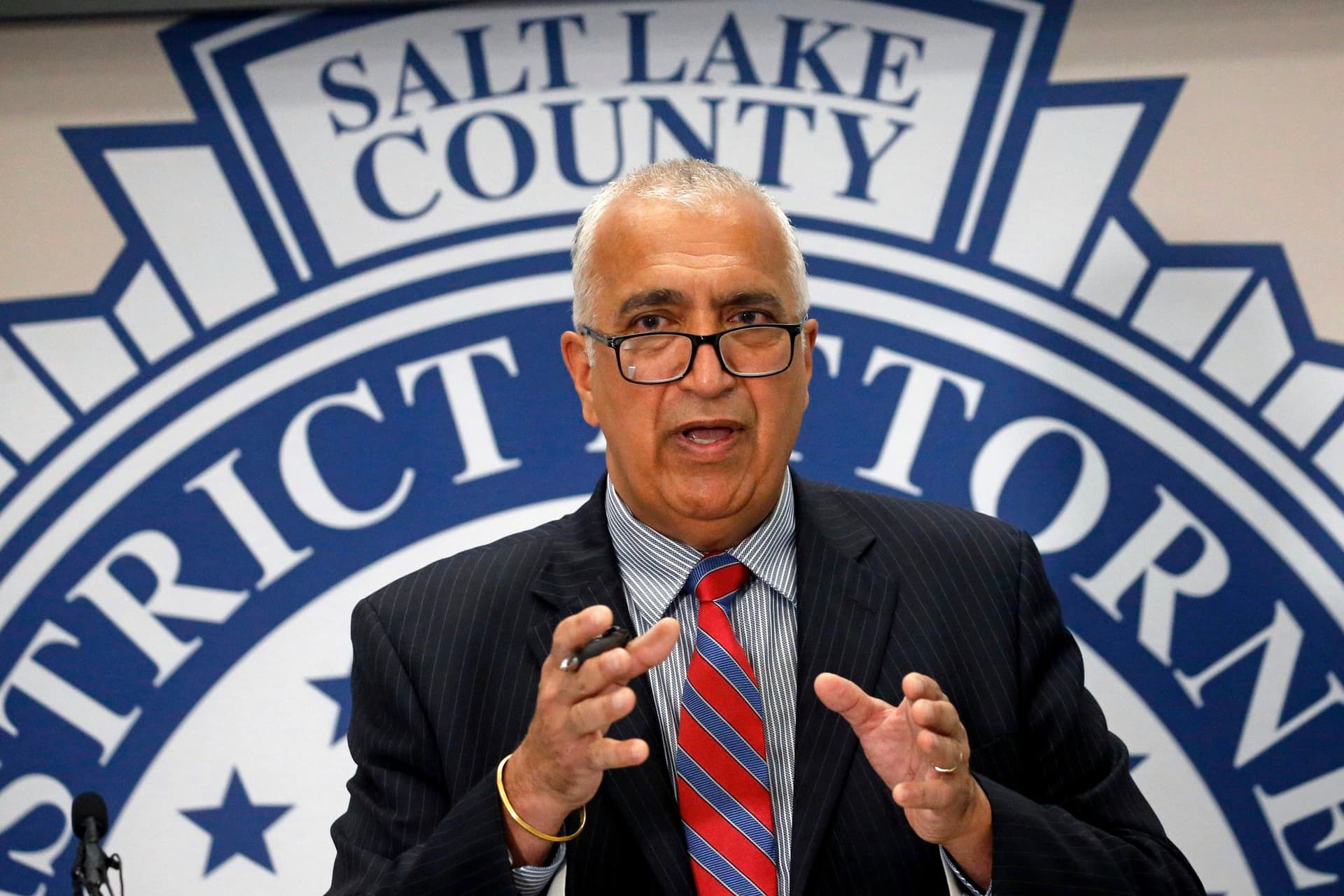New Ballot Campaign Targets Oregon Democratic Coalition, Stakes High
A slate of 11 ballot initiatives filed for November 2026 signals a renewed effort by wealthy donors to reshape Oregon politics, combining tax cuts with regulatory rollbacks and a populist ban on union and business contributions to candidates. The measures put pressure on the Democratic coalition and public sector unions that have dominated Democratic fundraising since the collapse of the Sizemore operation.
Listen to Article
Click play to generate audio

A coordinated set of ballot measures filed last week for the November 2026 election has thrust a sweeping political agenda into the Oregon spotlight, and set up what could be a major confrontation between newly energized donors and the state Democratic coalition. The proposals, 11 in all, bundle tax cutting aims with efforts to loosen government regulations, increase government accountability and ban both union and business contributions to candidates.
The initiative package echoes the tactics of the Sizemore era yet comes from a new crop of big donors rather than a single controversial operator. The combination of fiscal conservatism and populist appeals is tailored to unsettle core Democratic constituencies in Salem where public sector unions play an outsized political role. The measures arrive as national analysts project a favorable environment for Democrats in 2026, raising the prospect of a highly localized, high stakes fight.
Oregon’s political landscape retains the scars of the Sizemore episode. When the previous operation collapsed and its leader ended up jailed, public sector unions acquired a fundraising apparatus that on a per capita basis outpaced their counterparts in any other state. That financial advantage helped unions assume a leading role in a widening progressive coalition in Oregon, shaping policy and candidate selection across the state. The new initiatives therefore confront not only policy questions but also a power dynamic that has defined Oregon politics for more than a decade.
The ballot filings seek to undercut that advantage in several ways. Tax cutting proposals promise to resonate with suburban and rural voters frustrated by cost of living pressures. Regulatory rollbacks and government accountability measures appeal to voters who see inefficiency in state institutions. The proposed ban on contributions from unions and businesses carries a populist framing that seeks to depict both as special interests undermining democratic fairness. Taken together the measures are designed to split the Democratic coalition by appealing to voters who support government services but oppose perceived special interest influence.
Legal and political observers expect intense debate and inevitable litigation if any of the measures qualify for the ballot. Restrictions on political contributions face scrutiny under constitutional free speech protections and campaign finance precedents at both state and federal levels. Campaigns on both sides are likely to spend heavily to shape public opinion, and the fundraising muscle of Oregon’s unions will be tested as they decide whether to maintain a defensive posture or shift toward governance arguments that focus on improving state services within existing revenue frameworks.
For Democratic leaders the questions are strategic as much as ideological. Should they marshal union and party resources to beat back the measures, or should they pivot to policy narratives that address voters’ concerns about taxes and government performance? The answer will help determine whether Oregon’s Democratic coalition emerges consolidated or fragmented heading into a nationally watched election cycle. Internationally, the episode is a reminder of a global pattern in which well financed political initiatives seek to recalibrate the balance between organized labor and private capital, with consequences that reverberate beyond state borders.


